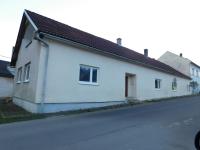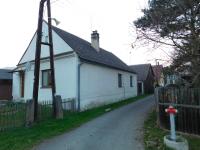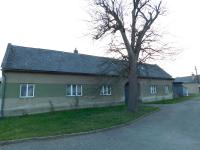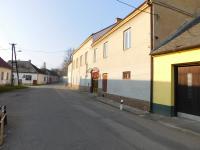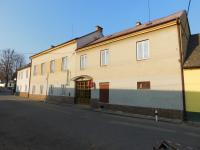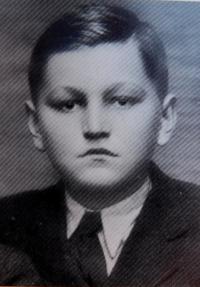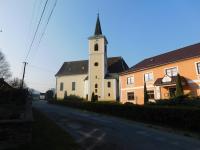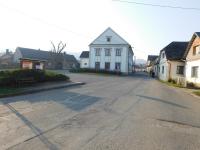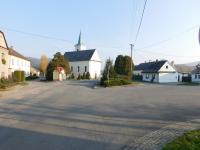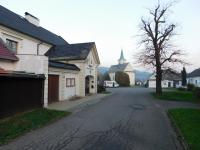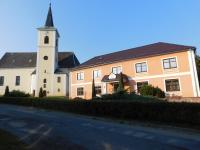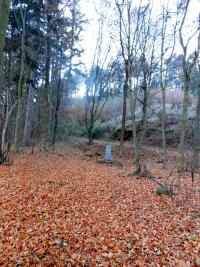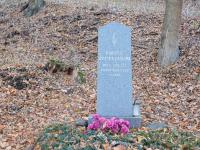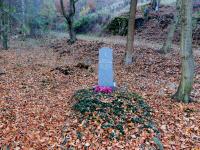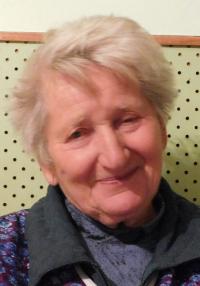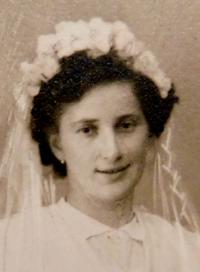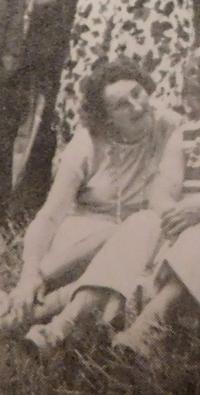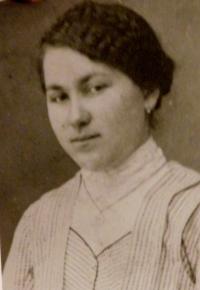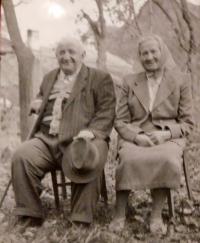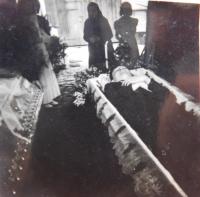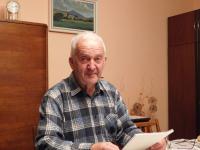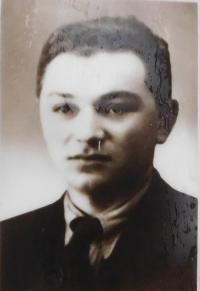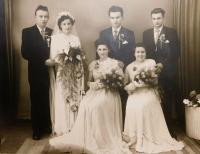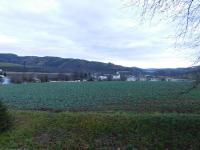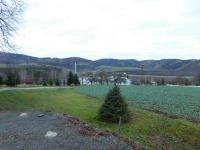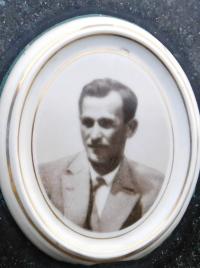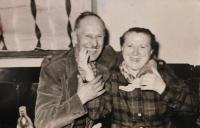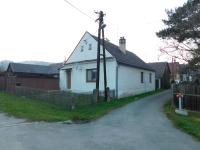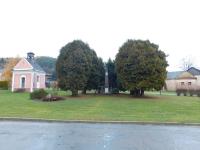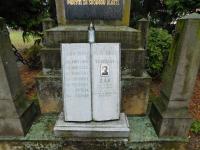A German soldier was rocking her on his lap in the afternoon. He was shot in the evening.

Download image
Františka Kyselá, born Pudilová, was born on 23 May 1934 in Loštice. Her childhood and whole life was strongly influenced by a tragic event from 29 October 1939. Then she saw her own mother burning to death in front of her. Since then she has been living in Vranová Lhota. She experienced how only one day before the end of was the Germans almost shoot all the men in the town. Finally they let them go but the life of a single German army officer was paid by three lives of innocent citizens of Vranová Lhota. After 1948 she witnessed founding of the local united agricultural cooperative and a systematic repression of local farmers, one of the wealthiest ones, František Henzl, ended together with his sons in a communist prison. Františka Kyselá died in June 2020.
